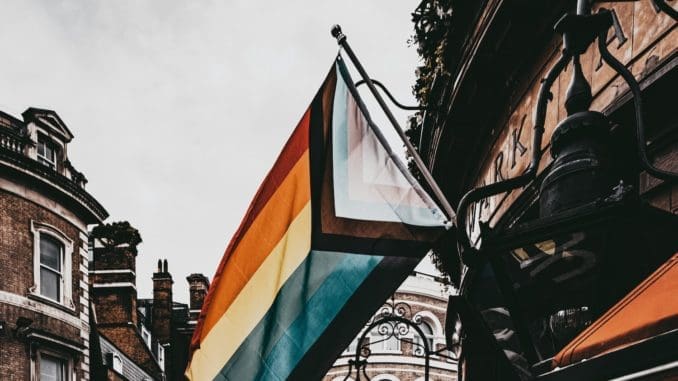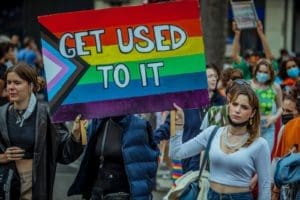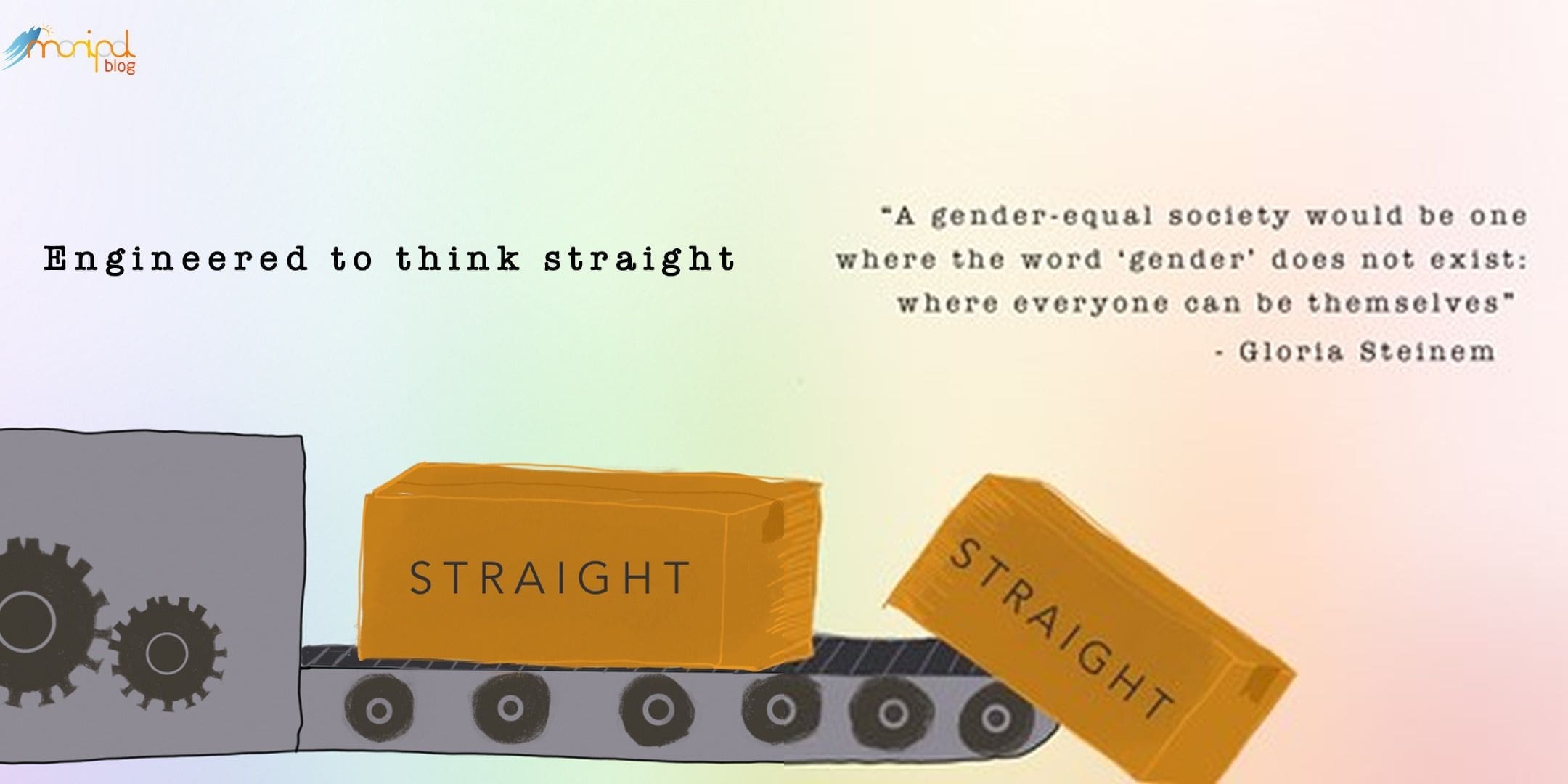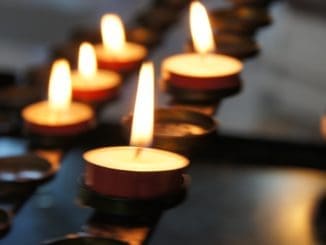
One would not need to search for too long to come across a new article or think piece about how it’s high time that LGBT+ people acquire the legal rights to marriage. It is not exactly a ground-breaking statement in 2023 but the sentiment is always appreciated. However, chances are that if people do come across such articles, they probably already agree with the opinion, given the nature of algorithms. It’s just an echo chamber of people agreeing with each other that a large section of the population should have access to one of the alleged fundamental pillars of society. As of June 2023, same-sex marriage is legal in 34 countries, with a handful of others recognizing civil unions. Ideally, one would like to focus on this, progress seems imminent. Yet it is quite easy to lose footing when one’s reminded that half of these countries are in Western Europe and the continent that hosts 60 per cent of the world’s population has claimed only one spot. That’s not even to mention the widespread existence and practice of discriminatory laws and beliefs. It is rather hard to ignore these limitations when almost every piece of media related to LGBT+ people manage to bring it up somehow.

During India’s ongoing fight to legalize same-sex marriage, Menaka Guruswamy, a Senior Advocate at the Supreme Court of India, has worked to constantly underscore the movement’s foundation. She illustrates how there are both legal and social sides to it. How the inability to be married can affect if partners can legally look after each other and also how it is a large socialization block in a country that is marriage oriented.
Though, would all discrimination somehow come to an end once there is equal marriage globally? Once the laws are passed, would individual instances of harassment, bullying, judgement and discrimination also automatically stop? Laws have undoubtedly been passed to bring an end to this type of behaviour, but they aren’t quite well enforced, or even enforced. Even countries that had been noted for early legalization have reported numerous cases of forced conversion and assault. While lawyers and activists battle basic rights, it’d be essential to make sure that there are actual changes in societal structure and mindsets so that these laws can be practised universally; not just in specific areas of specific countries.
Acts of prejudice aren’t even explicit in a lot of cases. Even people who call themselves allies could fall into the hidden biases of pop culture and society. Instances of this could include outing people without their permission during casual conversation, spreading rumours or falsely claiming they made you uncomfortable or casually using words without knowing their actual meaning or context. Even matters that may seem harmless at the moment might have unintended fallout. This could also include the rather nuanced realms of ‘shipping’ and ‘experimenting’ that simultaneously help and hinder the perception and acceptance of the community. The two concepts are quite different in nature but discussions about both cover similar ideas of unintentional takeover of queer spaces. Unconscious aggressors can exist in a lot of different ways, it’d be important in the course of progress to identify and amend accordingly. All this and not even to mention the entirety of the last acronym in LGBT+ is still side-lined in most conversations, even among queer people.

Large-scale change is idyllic. However, marriage isn’t quite the zenith of every individual’s rights and existence. That is not to sideline its importance, it is a core virtue of most societies and the work being done to make it a reality for more people is formidable. However, there is much more in the realms of education and protection that demands reforms. Similarly, there is also reform necessitated by progress actually being made. The media still seems to focus on the struggles and intolerance as elemental story beats of all LGBT+ characters. Given the state of the world in general, everybody deserves to have spaces that they can escape to, vicariously live an ideal life and not have to be reminded of their existential problems at every moment.
Pride month is about acceptance, equality, and celebrating the work of LGBT+ people, uplifting their history and raising awareness of issues. There are 195 countries in the world, quite a long way to go for equal marriage rights. In the time being it’d be nice to focus on other contrivances that could make it better to lead daily lives as part of the community.




Be the first to comment